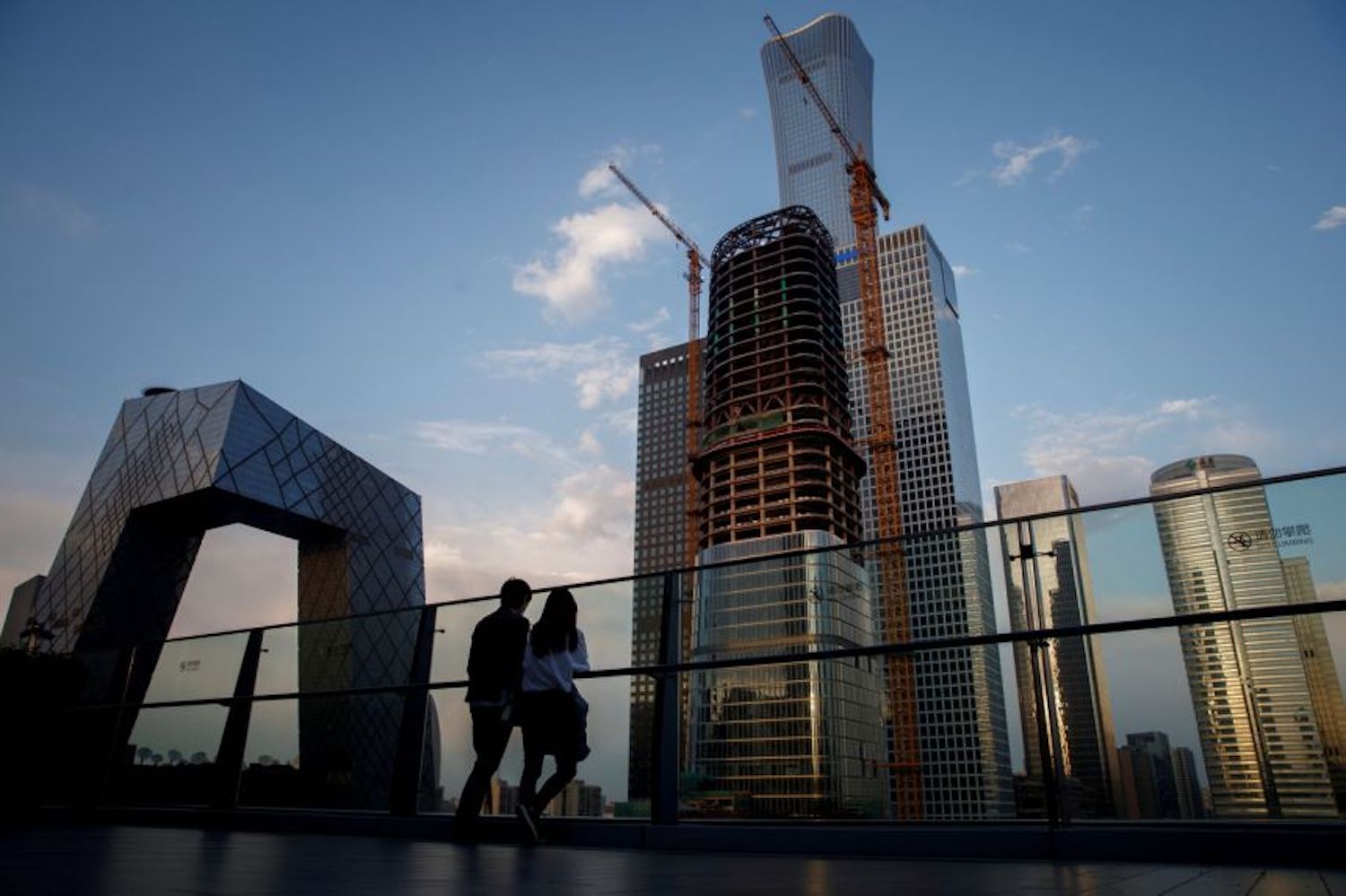(ATF) China should focus on stabilising employment and controlling inflation as its main macroeconomic policy goals, rather than focusing on economic growth, an adviser to the country’s central bank says.
Ma Jun, an influential member of the People’s Bank of China Monetary Policy Committee (MPC) said setting a specific gross domestic product (GDP) target for the year is a bad idea in such uncertain economic conditions caused by the lingering effects of the coronavirus pandemic.
China has struggled to cope with a rise in unemployment in the wake of the Covid-19 public health crisis, with confusion over data and many new benefit payments stalled.
China’s official jobless rate came in at 5.2% in December 2020, the same as a year earlier, and better than the February 2020 reading of 6.2%. But the number of situations vacant fell 17% and the number of active jobseekers dropped by 7% in the fourth quarter of 2020.
OFFICIAL DATA IN DOUBT
China’s unemployment data is incomplete and inconsistent, analysts have argued. Zhuang Bo, an economist at the research group TS Lombard, is among those who have questioned the government number. He has said the real jobless population could be more than double the official number if migrant workers unable to find jobs outside their home province were included.
Beijing has lifted travel curbs on most regions – apart from areas of northern China currently in the grip of a surge in coronavirus cases – in a bid to restart the economy. But some analysts say the country’s social safety net is not supporting the unemployed.
China’s government has vowed to address the jobless issue. “China’s government has given up on achieving anything like its previous rates of growth . but it is still promising to deliver stability in employment,” Ernan Cui, a consumer analyst at Gavekal Dragonomics, said.
Last year, Premier Li Keqiang vowed to “stabilise employment through the coordinated use of fiscal, monetary, and investment policies.” But China’s government has yet to provide a clear accounting of the impact the Covid-19 lockdown had on jobs, says Cui, adding that there were 60 million to 100 million people away from their jobs in March and April 2020 at the height of the pandemic.
MOVE AWAY FROM GDP
Ma is influential as a member of the MPC and this is not the first time he has called for a change from focusing on GDP. In December 2020 he urged Beijing to drop a specific growth target for 2020 as the coronavirus outbreak had caused “unprecedented damage” to the economy.
“China can hardly achieve the 6% target because of the coronavirus pandemic,” Ma told the state-owned Economic Daily. He warned that China’s growth was dependent on “how the pandemic develops in Europe and the United States”.
He called for a similar move away from GDP in 2017.
The world’s second largest economy grew 2.3% in 2020, when the country decided not to set an annual growth target due to the fallout from the pandemic. Growth is expected to accelerate to 8.4% this year, according to a Reuters poll, which would mark the fastest rate expansion in a decade.
Ma also called on the People’s Bank of China to also actively consider relaxing some measures on foreign exchange outflows to alleviate the upwards pressure on its currency and further efforts to internationalise the yuan.
With reporting by Reuters
























